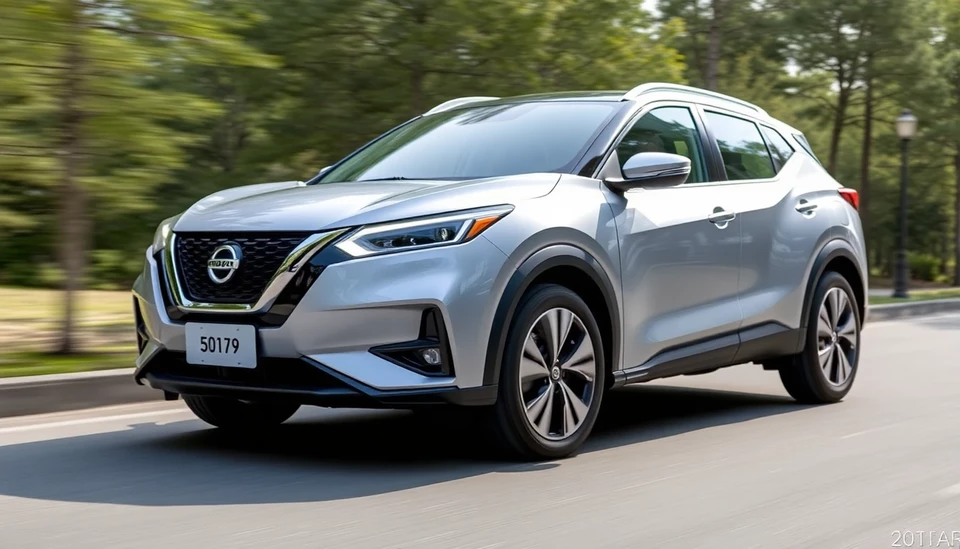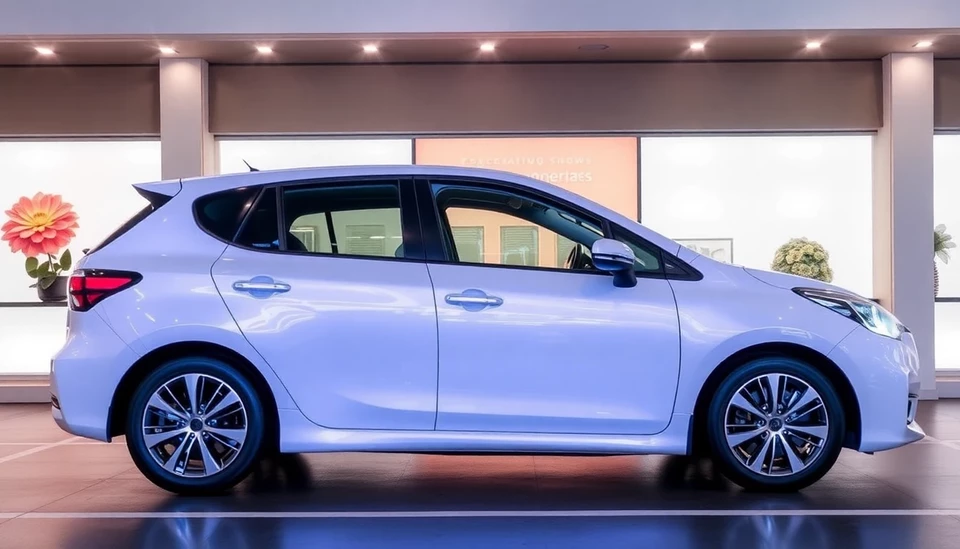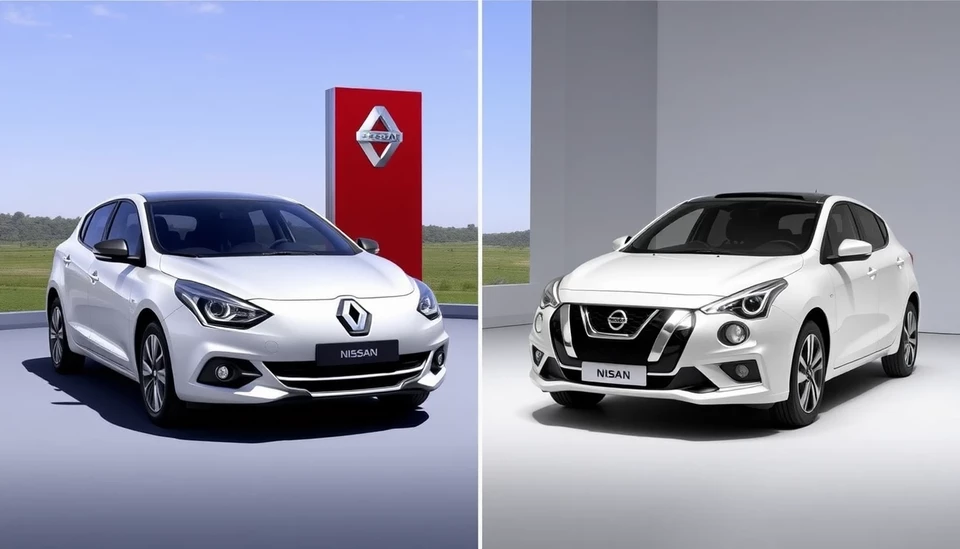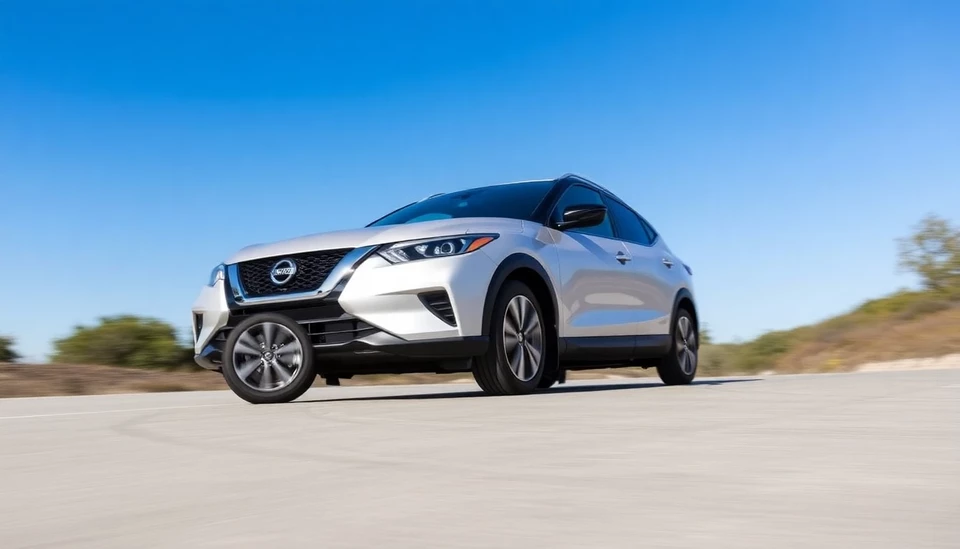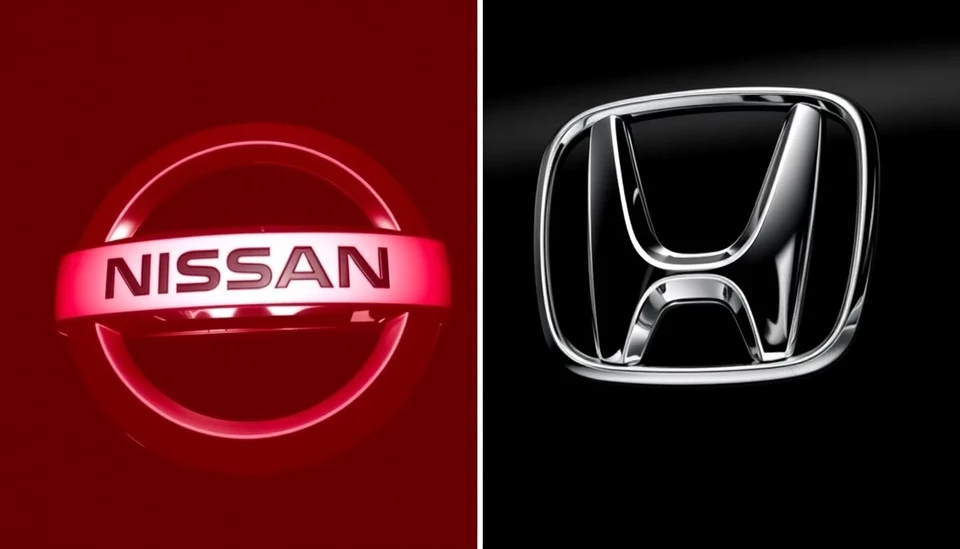
As Nissan grapples with significant internal challenges, the prospect of a merger with Honda has emerged as a potential lifeline for the beleaguered automaker. Many industry analysts are questioning if this union could not only align operational efficiencies but also help stave off the looming threat of insolvency.
Nissan has been facing severe financial difficulties exacerbated by dwindling sales and an over-reliance on older model lines. The turmoil has been compounded by leadership changes and issues with its global supply chain. Many insiders within the company are voicing their concerns that without decisive action, Nissan's market share could diminish to critical levels, leading to a possible collapse.
The proposal to merge with Honda comes amid discussions regarding strategic partnerships that could enhance product development, particularly in the electric vehicle (EV) sector. Honda, with its robust R&D capabilities and a strong foothold in the hybrid and EV markets, represents an attractive avenue for Nissan to bolster its offerings and regain consumer confidence.
Furthermore, a merger could lead to significant cost savings by streamlining operations, consolidating research departments, and sharing technology. Market observers believe that a merger could act as a catalyst for innovation, allowing both companies to pool resources in an era when the automotive industry is rapidly transforming towards sustainable technologies.
However, the proposed merger is not without its controversies. Critics argue that merging two giants could lead to massive layoffs and alignments that may not satisfy the varying corporate cultures of Nissan and Honda. Additionally, concerns arise about the dilution of brand identity, which each automaker has spent decades building. For Nissan to remain relevant in a market increasingly dominated by EV specialists, it must carefully consider its strategic options moving forward.
As discussions continue, both Nissan and Honda are under pressure to clarify their intentions. The automotive industry is closely monitoring these developments, recognizing that the fate of one of the oldest Japanese car manufacturers could hinge on the success of any strategic partnership or merger. A decisive and adept response from Nissan will be crucial to remain competitive against aggressive domestic and international competitors.
As 2024 approaches, all eyes are on Nissan and Honda. The automotive world will be keenly observing whether this potential merger will lead to a resurgence for Nissan or if it’s merely a fleeting shot in the dark in troubled waters.
In conclusion, as the automotive landscape continues to evolve, the potential merger of Nissan and Honda could represent either a pivotal moment or a misstep for one of Japan's iconic car manufacturers. With strategic planning and execution, this pathway may lead to renewed strength in an increasingly challenging market.
#Nissan #Honda #AutomotiveIndustry #MergerNews #ElectricVehicles #Innovation #BusinessStrategy #CorporateMergers
Author: Victoria Adams
